Terms to Know
- legal rights: protections we are given by law
- state laws: written statements passed by the Illinois General Assembly and signed by the Illinois Governor
- healthcare provider: this could be a doctor, nurse, nurse practitioner, midwife, counselor, social worker, or other professional
- minor: in Illinois, a minor is someone under the age of 18
- mature minor: in Illinois, a mature minor is someone under the age of 18 who is married, pregnant, or a parent
- confidential: something that will be kept private
- in Illinois, youth have the right to confidentiality when talking to healthcare providers or getting a procedure
- exceptions to confidentiality
- cases of abuse and neglect by a family member, guardian, or caretaker (source: 325 ILCS5/Abused and Neglected Child Reporting Act)
- may pose a danger to others
- may pose a danger to themselves
Services & Laws
- General Healthcare
- No consent needed by parent or guardian if a minor is married, pregnant, or a parent. Consent is needed for minors if they do not meet these qualifications.
- Individual clinics may have their own policy or practice as consent is different from notification.
- See 410 ILCS/Consent by Minors to Medical Procedure Act.
- No consent needed by parent or guardian if a minor is married, pregnant, or a parent. Consent is needed for minors if they do not meet these qualifications.
- Pregnancy Testing
- No consent needed by parent or guardian for OTC pregnancy tests. In-office pregnancy tests may fall under "General Healthcare."
- Parenting
- No consent needed by parent or guardian, as prenatal care is "General Healthcare."
- Abortion
- Parent or guardian must be notified 48 hours prior to minor's abortion procedure. Consent is not needed.
- Notification may be waived by judicial bypass (court order).
- See 750 ILCS 70/Parental Notice of Abortion Act.
- Parent or guardian must be notified 48 hours prior to minor's abortion procedure. Consent is not needed.
- Barrier Methods/Condoms
- No consent needed by parent or guardian for external condoms, but internal condoms now require a prescription.
- Available for purchase or for free in many locations.
- No consent needed by parent or guardian for external condoms, but internal condoms now require a prescription.
- Emergency Contraception
- Plan B One-Step and generics available OTC without consent or a prescription. Other versions require a prescription for 16 and younger, but no consent is required at the pharmacy.
- See below for sexual assault-specific regulations.
- Plan B One-Step and generics available OTC without consent or a prescription. Other versions require a prescription for 16 and younger, but no consent is required at the pharmacy.
- Hormonal Methods
- No additional consent needed by parent or guardian for youth 12 and older.
- See 325 ILCS 10/Birth Control Services to Minors Act.
- HPV Vaccine
- Consent needed by parent or guardian as it's a vaccine, but consent can be bypassed in some cases if minor thinks they were exposed to HPV.
- STI/HIV Testing and Treatment
- No consent needed by parent or guardian for youth 12 and older.
- Providers are not required to share results with parent or guardian by are allowed to.
- See 410 ILCS 210/Consent by Minors to Medical Procedure Act.
- No consent needed by parent or guardian for youth 12 and older.
- Sexual Violence and Assault
- No consent needed by parent of guardian for:
- making a police report
- consenting to healthcare at the hospital, including treatment for STIs, HIV, and emergency contraception
- consenting to evidence collection and release
- 90 days of follow-up medical care
- 5 counseling sessions at a rape crisis center (12-16 years old)
- determining of parameters of confidentiality (12 and older)
- Protective orders require someone 18+, but it does not have to be a parent or guardian.
- See 410 ILCS 70/Sexual Assault Survivors Emergency Treatment Act and 410 ILCS 210/Consent by Minors to Medical Procedure Act.
- No consent needed by parent of guardian for:
- Outpatient Mental Health
- 12-16 years old
- No consent needed by parent or guardian for eight 90-min. sessions.
- Consent needed to continue unless counselor believes it's in the minor's best interest to continue or that parental involvement would be detrimental to minor's well-being.
- 17 and older
- No consent needed by parent or guardian.
- See 405 ILCS 5/Mental Health & Developmental Disabilities Code. Effective 1/1/18; was previously limited to five 45-min. sessions.
- 12-16 years old
- Inpatient Mental Health
- Voluntary admission without parental consent at 16 years old, but parent or guardian is informed immediately.
- Involuntary admission by a parent or guardian is possible, but a minor 12 years or older can object and be released within 15 business days.
- See 405 ILCS 5/Mental Health & Developmental Disabilities Code.
- Substance Use Treatment
- No consent needed by parent or guardian for youth 12 and older for inpatient or outpatient. Family involvement or release of information is only allowable with the youth's consent.
- See 410 ILCS 210/Consent by Minors to Medical Procedure Act




